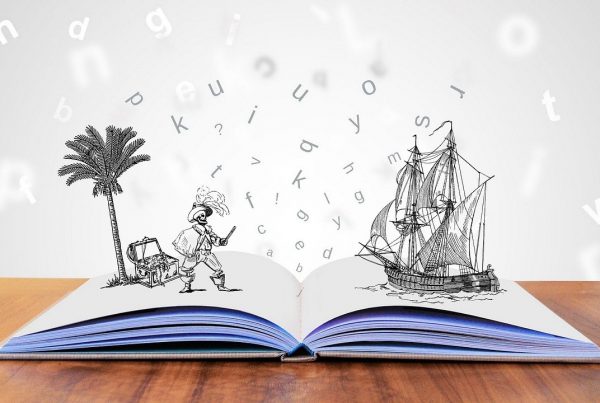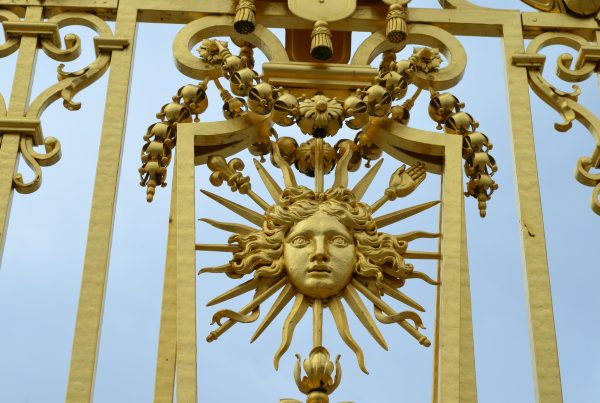The reputation of English humor or the eccentricity behind Italian comedy is well known. On the other hand, French humor is little known throughout the world. Some even doubt the existence of French humor. Indeed, the films that made the success of Louis de Funès do not seem to reach foreigners. Second degree, self-mockery, caricature, etc., can these terms be associated with French humor?
Humor: a misunderstood term in France
Before the French Revolution of 1789, the word “humour” was unknown at the Bourbon court. The French used similar terms such as “humeur”, “farce” or “bouffonnerie”, but never the word “humour”. And for good reason, this form of wit was associated with self-deprecation, a rather British trait.
In fact, Rabelais mentions it in the letter Candide, where a courtier stays at the British court. There he discovered humor, a form of conversation that made the audience laugh. However, he could not find a word to describe it in France.
The adjective “humoristic” did not enter the French dictionary until 1878. A year later, the writer Goncourt used it for the first time in his book Les Frères Zemganno. It wasn’t until 1932 that the academicians integrated the word “humor” into the French language as a common noun.
Why was there no room for humor ?
During the reign of Louis XIV, the French spirit was dominated by a certain smugness and pride. The Sun King did not allow any form of self-deprecation or weakness. It was always necessary to show oneself in the best light. A person who takes a step back and takes a critical look at his condition signs his social death. This spirit is adopted by a whole people.
The revolution does not improve these conditions. When the Jacobins came to power, they had no time for frivolous amusements. The humorist has no place in the Republic.
French humor: in protest ?
In the eyes of foreigners, the French have no sense of humor because they are never happy. Is this really the case? Aren’t Molière’s anticlerical and social criticisms forms of humor? These caricatures and satires were already making churchmen and monarchs cringe in their time.
In France, making fun of religion and power has become a tradition. This critical and contentious spirit characterizes French humor. Thus, the French, who enjoyed a reputation for never being happy, fashioned a custom-made humor: political, anti-religious and irreverent.
Humor is defined through the culture and history of a country. That’s why some French comedians have a hard time starting a career in the United States, for example. This is why American comedies do not necessarily make people laugh in France.
French humor: irony in the spotlight
If English humor is often associated with the absurd and black humor, irony is in the spotlight in France. Over the centuries, the French have developed a kind of wit that lies between mockery and banter.
Indeed, the French are fond of the second degree and irony. It uses these traits to shine in society. Thus, we can distinguish three forms of humor in France: critical, cynical and suburban humor.
What about humor in movies?
In France, comedy films are still a winning recipe for box-office success. The success of French comedy goes back to the 1960s with classics such as La Grande Vadrouille which recorded 17.3 million admissions. The record was then broken by Bienvenue chez les Ch’tis in 2008.
Today, critics criticize the cinema for having difficulty reinventing itself. Film makers try to copy American humor or rely on old influences. Most projects are predictable. Writers and directors must conform to the demands of the producing networks.





